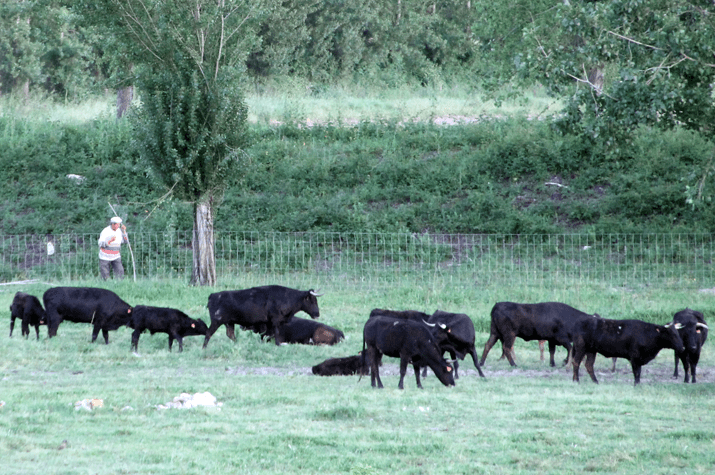Portugal: CNA denounces discriminatory procedures for peasants’ access to CAP advances

The Confederação Nacional da Agricultura – CNA, Portuguese member of La Via Campesina, deplores the complications and discriminations of the Ministry of Agriculture against peasants in the advance payment of the Common Agricultural Policy (CAP).
Coimbra, May 17, 2022 – The Ministry of Agriculture has announced that beneficiaries of the Common Agricultural Policy (CAP in Europe) will be able to apply, starting Tuesday, May 17, to receive an advance of part of the aid which is their right and are entitled to receive.
But once again, the Ministry of Agriculture has made life difficult for peasants.
A process that could – and should – be simple and automatic is made more difficult by requiring all peasants to re-apply (though they have already submitted) for the 2022 single aid application.
In addition to being difficult, the procedure is also discriminatory in that it excludes dematerialized (online) applications from peasants who do not have an individual registration on the IFAP portal, even if they are CAP beneficiaries.
This process excludes a large number of beneficiaries, especially small and medium-sized peasants, who are not trained in the use of digital tools.
CNA also denounces the fact that, although it may provide some temporary reinforcement of funds to peasants, this aid announced as “Exceptional Crisis Support” is nothing exceptional. It is about paying out earlier some of the money that peasants will receive later. In other words, the government seems to want to make a big show with money that already rightfully belongs to peasants (and was even anticipated in previous years).
Moreover, it applies to those who are enrolled in the system, it does not apply to about 40% of Portuguese peasants who do not receive CAP support. Peasants are still waiting for a truly exceptional support to minimize an equally exceptional situation of great difficulties.
CNA is once again demanding the implementation of the green electricity provision, approved almost a year ago by the Parliament and which should have entered into force almost six months ago, as well as other support, such as the PDR2020 measure to cope with the increase in production costs, announced since January, and the aid from the so-called crisis reserve, which is still on ice.
It is not enough that the Ministry of Agriculture and the government appear in the media to discuss the issue with propagandistic speeches announcing the same millions for agriculture over and over again. What matters is that concrete support is quickly sent to peasants who want to continue to produce to feed the country.
Contact : cna@cna.pt
